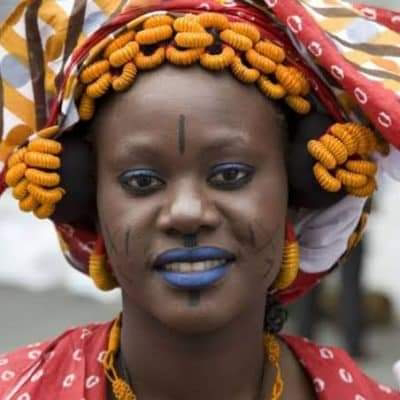In the westernmost corner of Africa lies Senegal, a nation that is home to a
diverse array of ethnic groups, including the Wolof. The Wolof people have a rich history, vibrant culture, and a deep sense of pride and identity that have helped shape Senegalese society for centuries.
The Wolof are the largest ethnic group in Senegal, accounting for approximately 40% of the country's population.
The Wolof trace their origins back to the region known as Jolof, which was a powerful medieval state that existed in what is now Senegal and parts of The Gambia. The Wolof language, Wolof, has been the lingua franca of Senegal for centuries and is widely spoken in urban areas, where it has been used as a unifying language among diverse ethnic groups.
Wolof culture is characterized by a strong emphasis on community and social ties, with extended families playing a central role in daily life.
The Wolof people have a rich tradition of oral storytelling and music, with griots playing a key role in preserving and passing down the community's history and cultural heritage. The vibrant rhythms and melodies of traditional Wolof music, such as mbalax and sabar, have also had a significant influence on popular music in Senegal and beyond.
In the religious sphere, the majority of Wolof people are Muslims, with Sufi orders such as the Tijaniyya and Mouride brotherhoods being particularly influential.
Despite the challenges that have faced the Wolof people, including French colonization and political unrest, they have remained resilient and proud of their heritage. Today, the Wolof are known for their entrepreneurial spirit and have made significant contributions to Senegal's economy, particularly in sectors such as trade, agriculture, and tourism.
The Wolof people have also played an important role in shaping Senegal's political landscape, with several Wolof leaders, such as President Macky Sall.











0 Comments